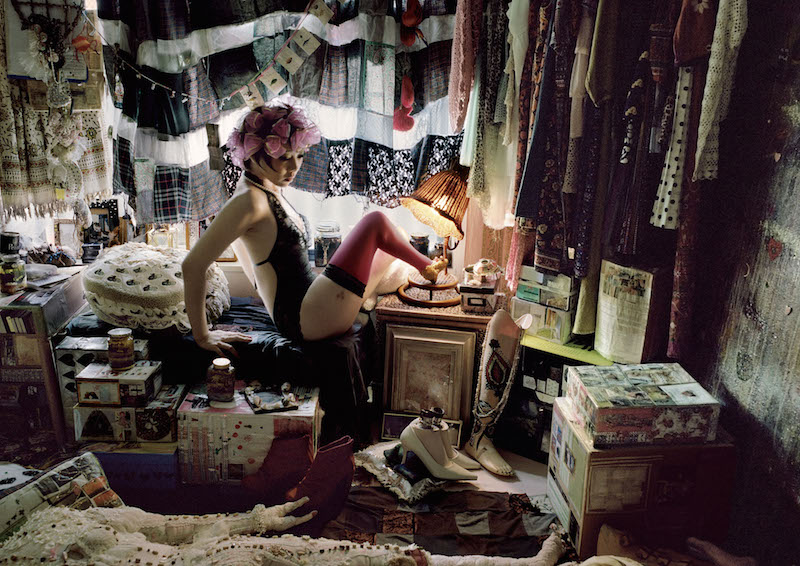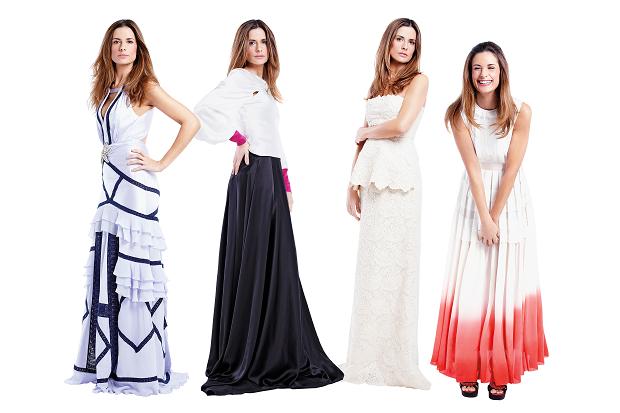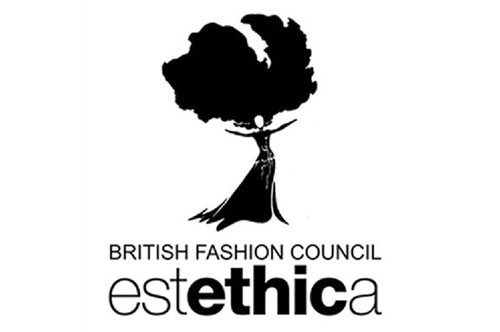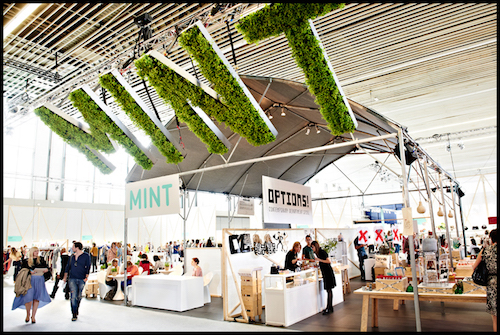
Hi friends of Fragments; I am officially part of the team. I will be contributing a monthly article on the market for ethical fashion in Europe, highlighting how the market is changing, its dynamics, and trends. I will talk about ethical fashion from a marketing perspective, uncovering the secrets of success of sustainable initiatives and brands. I will share with you best practices.
About Me
I have a marketing background, having worked on international marketing projects in the fashion industry for more than 10 years. I have been lucky enough to work in different continents (Europe, Latin America, Africa, and Asia), assisting textile and fashion companies to successfully enter new markets.
My first experience with ethical fashion was in 2007, when I was hired by a UN agency, the International Trade Centre, to promote the Sri Lanka garment industry as an ethical sourcing country in Italy. The project was called Sri Lanka – Garments without Guilt. Two years later I cofounded the board of the Ethical Fashion SOURCE Consultancy, the consultancy arm of the Ethical Fashion Forum in London.
Marketing for Sustainability
Marketing has always been accused of being unsustainable, creating unnecessary needs and pushing consumers to buy more. This may have been true in the era of mass production, when companies simply needed to sell their production outputs. In reality, marketing helps companies better understand their customers’ needs and wishes and allows them to design and deliver innovative products and services that respond better to these needs. Today, consumers expect corporations to have a broader role in the society, rather than exclusively meeting shareholders and customers’ expectations. Corporations are now asked to deliver value to all stakeholders (suppliers and the community at large), and in doing so, they should be driven not only by profitability reasons.

Wanted designs would differ (c)NICE (Nordic Initiative Clean & Ethical), Oslo Fashion Week 2010. nicefashion.org
This is where marketing and Corporate Social Responsibility (CSR) meet, and this is why marketing can be used to promote good products and brands. Marketing can also be used to help change consumers’ behavior by making sustainability accessible and desirable. The way companies address sustainability issues varies according to the corporate and country’s culture, consumers’ levels of awareness, types of “sustainability needs,” buying and consumption models, and the pressure of third parties like NGOs and groups of interest.
Given this, it is no surprise that the market for ethical fashion is not homogenous across Europe. What seems to be uniform is the growing trend of sustainable and eco fashion, particularly in northern and central European countries such as Scandinavia (Denmark, Sweden, and Norway), the UK, and Germany. It is very difficult to determine the size of the market because it really depends on how one defines it. Sustainable fashion has many connotations, and the size may vary if you include, for instance, garments produced locally (e.g. made in Britain in the case of the UK market). The fact that little research is available in this field does not help either.
Growing Ethical Fashion
The total consumption of ethical fashion in Europe is estimated to be £1 billion, which is only 1% of the clothing market according to a study recently commissioned by CBI (Dutch governmental agency). The same report indicates that organic cotton represents 1% of the global cotton production, the equivalent to an estimated € 3.1 billion in retail sales as per the end of 2009(*1.
In the UK, in particular, the market for sustainable fashion was estimated to be worth £175 million in 2009 (conservative estimate), up from an estimated £40 million in 2004/05(*2.
Small businesses and designers seem to be the most innovative when it comes to finding new solutions to sustainability; retailers and global brands, when they care, have very different approaches, focusing their policies on social or environmental elements or both. Despite the fact that retail giants like Zara, H&M, and Primark have business models that are based on discardable fashion, it is undeniable that the level of commitment of these big players will have a huge impact on the cleanliness of supply chains and will certainly influence consumers’ awareness, and by consequence, the growth of the market.
(*1 Ravasio Pamela, SHIRAHIME”CBI News Alert: Ethical fashion is growing up”, 2011
(*2 Mintel, Ethical Clothing, Market Intelligence, 02/2009

















